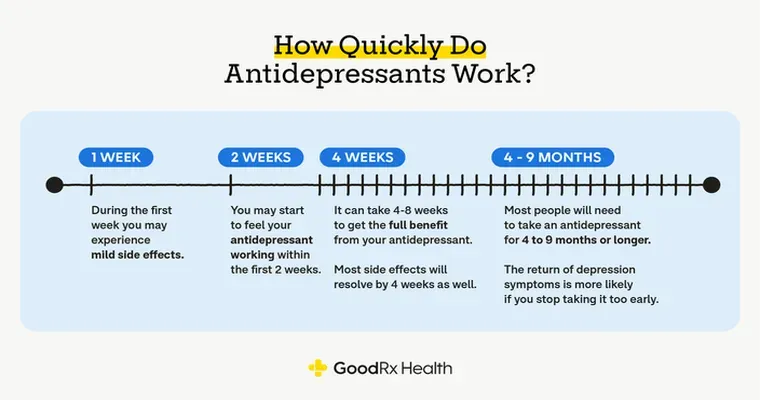Making the decision to change your "antidepressant" can be a significant step in your mental health journey. If you find yourself feeling okay right now, it’s natural to wonder about the implications of switching medications. Many individuals experience periods of stability and may question the need for a change, especially if they have been managing their "depression" or "anxiety" effectively. However, understanding the reasons behind the switch and the potential effects on your well-being is crucial.
When considering a change in your antidepressant, it’s important to first consult with your healthcare provider. They can help assess your current situation, including how you are feeling and whether your current medication is still meeting your needs. Factors such as side effects, effectiveness, and any new symptoms can all play a role in the decision to switch "medications". Feeling okay at the moment does not necessarily mean that your treatment is optimal, and a professional can help guide you through this process.
One common reason for changing antidepressants is the development of side effects that may overshadow the benefits of the medication. Even if you feel stable now, side effects can accumulate over time, leading to discomfort or dissatisfaction with treatment. Discussing these concerns openly with your doctor can provide clarity on whether a switch is warranted.
Another reason for changing medications is a lack of effectiveness. Sometimes, what initially worked may no longer be sufficient in managing symptoms of "mental illness". If you have been feeling okay but notice fluctuations in your mood or increased anxiety, it may be time to reevaluate your treatment plan.
It’s also important to note that feeling okay does not guarantee long-term stability. Mental health can be unpredictable, and a proactive approach to your treatment can help maintain your well-being. Engaging in regular check-ins with your healthcare provider can ensure that you stay on track, even when things seem to be going well.
If you and your doctor decide that changing your antidepressant is the best course of action, be prepared for the transition. It’s essential to follow your provider’s instructions regarding tapering off the current medication and starting the new one. This careful approach can help minimize withdrawal symptoms and ensure a smoother transition to the new treatment.
In conclusion, changing to a different antidepressant while feeling okay is a complex decision that should be made with careful consideration and professional guidance. By understanding your current mental health status and discussing your concerns with your healthcare provider, you can make informed choices that support your overall well-being. Remember, feeling stable now doesn't mean you shouldn't explore options that could lead to even better mental health outcomes in the future.





